'Dev' goes where other films fear to tread


Send us your feedback to audioarticles@vaarta.com


From "Dharmputra" in 1961 to "Dev" more than 40 years later, only a few films in between have dared to deal honestly with India's volatile communal history - and its troubled present.
When Yash Chopra directed his first film "Dharmputra" in 1961, little did he know what he was getting himself into. The film about Hindu-Muslim relations touched a raw nerve, going over incidents that happened only 12 years earlier.
The reconstruction in "Dharmputra" of the carnage during the post-partition riots opened barely healed wounds in the audience and sparked off riot-like situations at theatres screening the film.
Yash Chopra vowed never to go into the communal minefield again.
Today Govind Nihalani has stepped into the same territory far more bluntly and insouciantly.
In "Dev" he recreates recent history -- the sectarian violence targeted against Muslims in Gujarat following the incident in Godhra where a coach of Hindu devotees was set on fire -- with chilling authenticity.
As a fictional retaliation to Godhra, he sees a communal Hindu cop (Om Puri) stand mute accomplice as Hindu rioters burn a whole building full of Muslims.
It's a frightening topicality dwelling on issues that pierce the façade of normalcy, which we like to uphold for the sake of a peaceful and "civilized" existence.
Between "Dharamputra" in 1961 and Dev in 2004, not many filmmakers have attempted to look at the truth about relations between the two communities with any amount of equanimity, let alone insight.
Mani Ratnam's "Bombay" in 1995 was a kitschy but vivid recreation of the Mumbai blasts in 1992 that rocked the city. The film showed the repercussions of the horrific event on the lives of a Hindu-Muslim couple, played by Arvind Swamy and Manisha Koirala and their twin children.
In Mahesh Bhatt's "Zakham", communal riots (from an unspecified time) take the life of a Muslim woman married to a Hindu man.
The poignancy was beautifully portrayed as the brutally burnt woman lay dying in hospital and the city exploded in riots around her while her sons came to terms with her life -- and theirs.
Deepa Mehta's elegiac "1947: Earth", Chandraprakash Diwedi's "Pinjar" and Anil Sharma's "Gadar" aimed to create the spine chilling scenario of Hindu-Muslim riots as India was separated into two nations, throwing it into a political turmoil from which it has never really emerged.
The importance of bringing the communal question to the surface lies in the very nature of the problem -- if cinema, which at some level must mirror social reality, doesn't remind us of the pitfalls that await the victims of an unjust social order we will keep making the same mistakes again.
And as Nihalani rightly says: "Feel good films will always be there. They serve a very important function in our society. But one feel bad film every five years, which reminds us of the mistakes that we make, isn't a bad idea."
Follow us on Google News and stay updated with the latest!
-

Contact at support@indiaglitz.com
Headlines
Cinema News
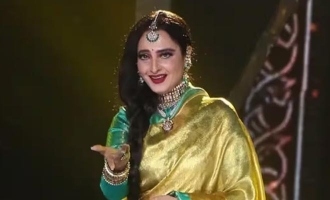 Bollywood actress Rekha on sheer fluke of not getting pregnant bold candid confessions
Bollywood actress Rekha on sheer fluke of not getting pregnant bold candid confessions
 kareena kapoor s trolled for recent instagram quote on luxury pataudi palace
kareena kapoor s trolled for recent instagram quote on luxury pataudi palace
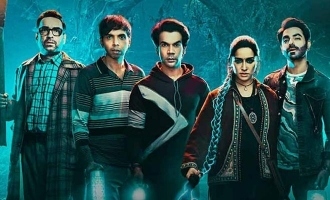 Stree 2 box office collections crosses baahubali 1 aims to cross shah rukh khan s jawan
Stree 2 box office collections crosses baahubali 1 aims to cross shah rukh khan s jawan
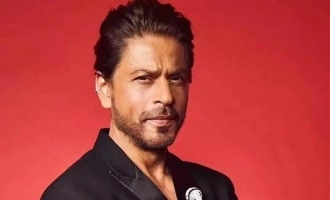 Shah Rukh khan enters huran rich list rs 7300 crore in fortune
Shah Rukh khan enters huran rich list rs 7300 crore in fortune
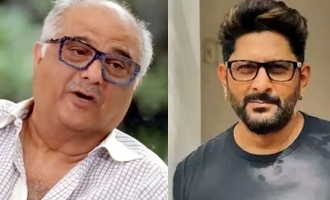 boney kapoor slams back at arshad warsi for low salary in roop ki rani choron ka raja
boney kapoor slams back at arshad warsi for low salary in roop ki rani choron ka raja
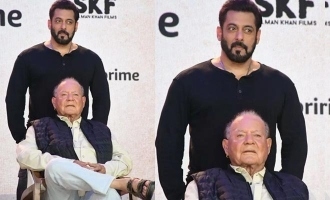 Salma khan wants to remake Salim javed's sholay deewar
Salma khan wants to remake Salim javed's sholay deewar
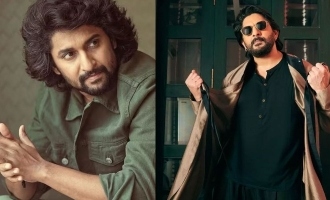 Nani sudheer babu claps back at Arshad warsi for calling prabhas as joker in kalki 2898 AD
Nani sudheer babu claps back at Arshad warsi for calling prabhas as joker in kalki 2898 AD
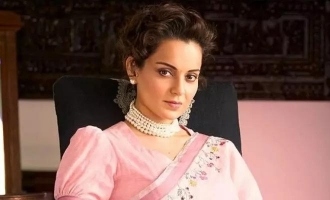 Kanagana ranaut s paparazzi comment gets viral emergency controversy
Kanagana ranaut s paparazzi comment gets viral emergency controversy
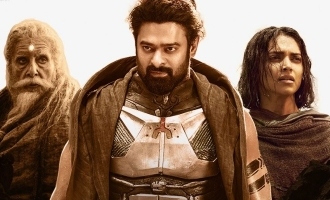 Kalki 2898 AD Starts Streaming Where to Watch Prabhas New Film
Kalki 2898 AD Starts Streaming Where to Watch Prabhas New Film
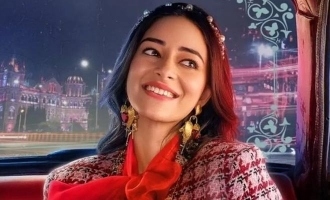 ananya panday call me bae trailers goes viral reminds of emily in paris
ananya panday call me bae trailers goes viral reminds of emily in paris




 Follow
Follow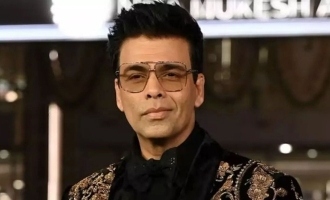

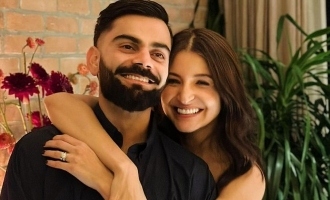
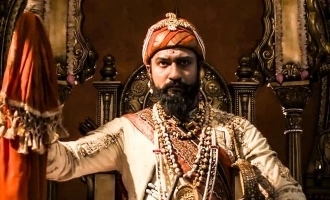
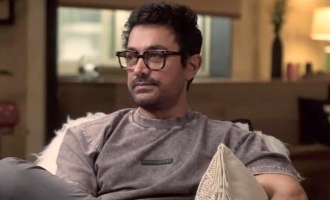

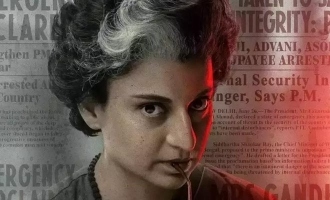
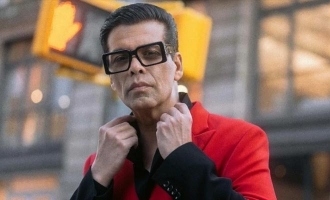
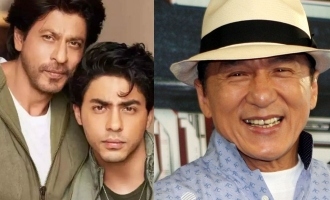
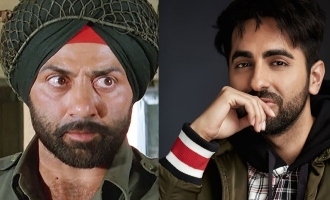
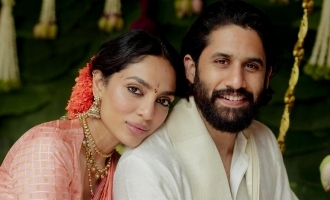
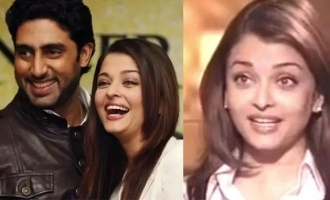
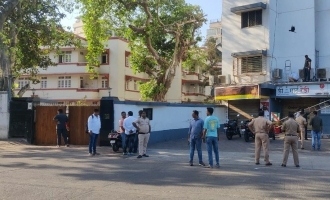
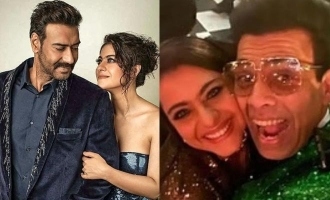
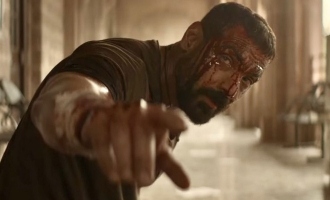
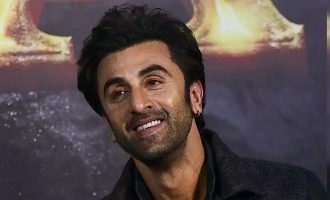
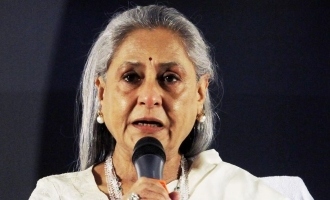
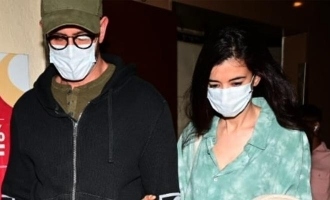
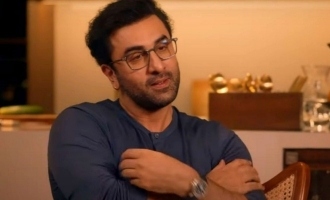


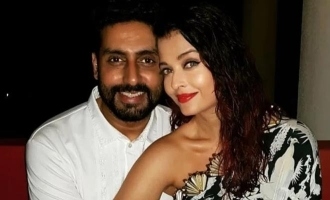



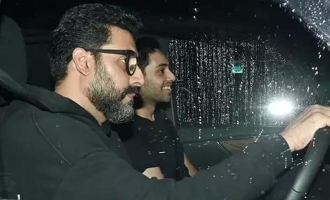




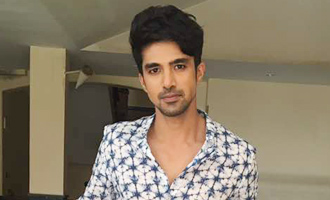

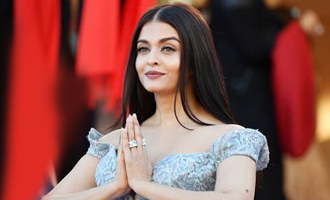

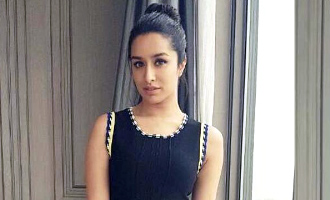


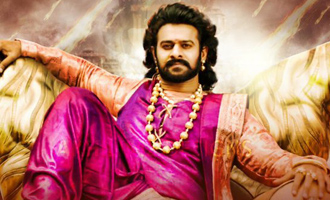








Comments